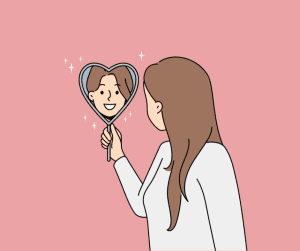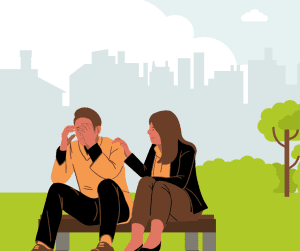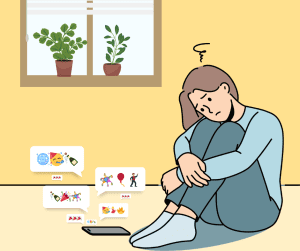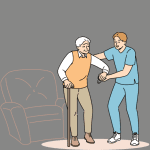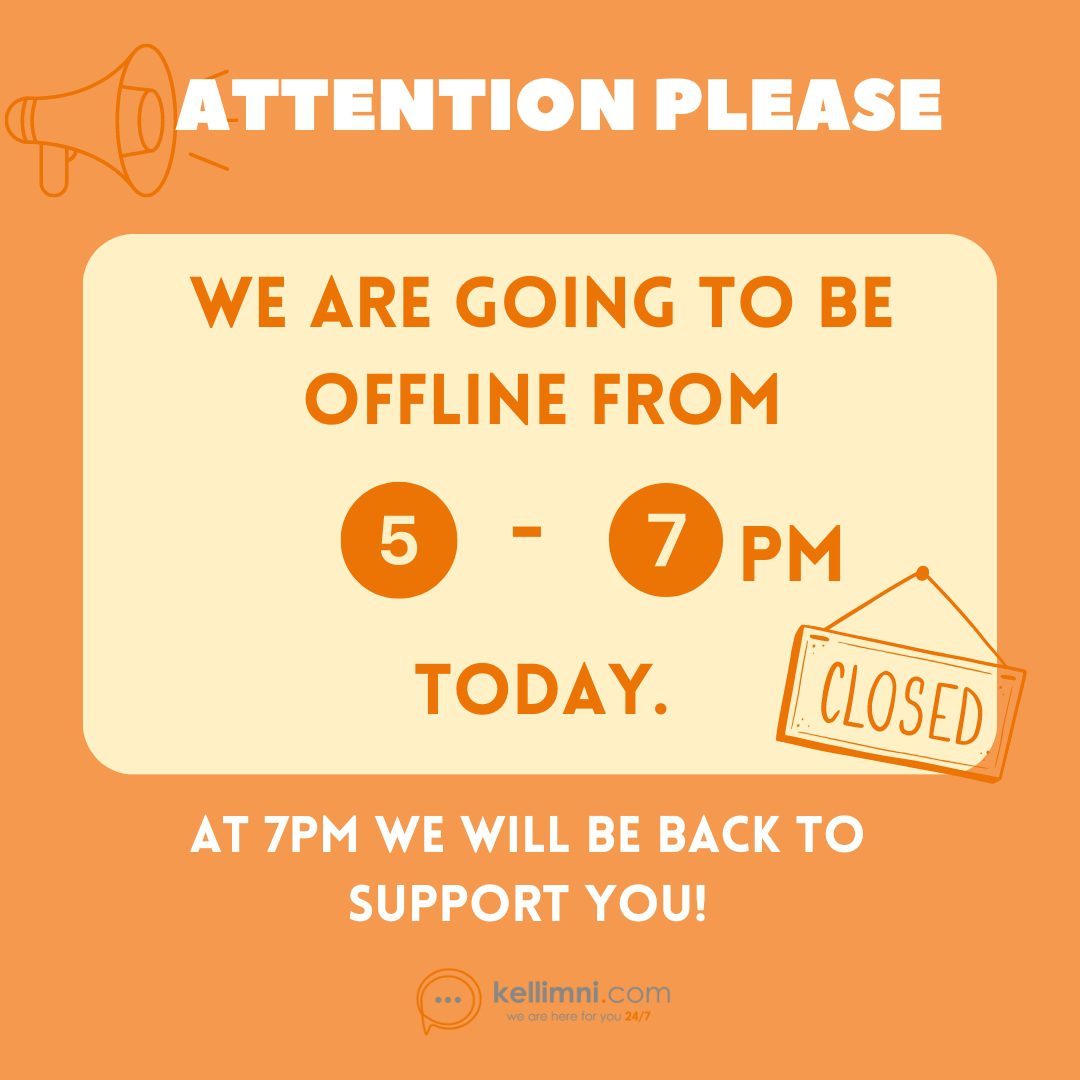Talking about Emotions
The death of a loved one is a terrible experience which we all unfortunately experience at some point in our life. When we speak about such experiences we use words like grief, loss and bereavement. What do we mean however when we talk about these three concepts?
- Bereavement
Bereavement is the period of grief and mourning after a death. Grieving is part of the normal process of reacting to a loss. One reaction to bereavement is somatization, which refers to the physical symptoms like headaches, back pain, and nausea which have no obvious cause but likely the result of our emotions. It’s important to open up and share our feelings with someone we trust, as bottling these up may lead to different health-related problems.
- Grief
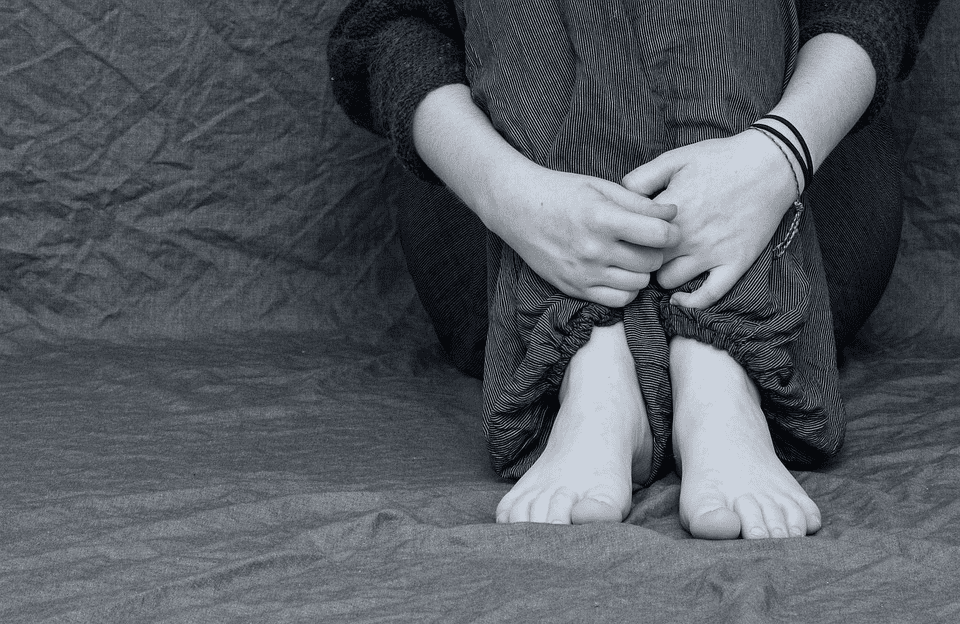
Grief is a very complex and unpleasant emotional experience. It is often characterised by feelings of sadness, shedding tears, and a deep sense of pain and loss. Grief can sometimes cause us to not want to think about what has caused our pain. As a result, we may not want to think about what has hurt us or accept it as part of our lives.
- Loss
When we talk about loss we can refer to several different things. We normally think of the death of someone important in our lives, however, we can experience loss in other ways too. For example, we may feel loss through the ending of a friendship or the breaking down of a relationship. Sudden losses and tragedies can be extremely difficult to handle and process. They can be disorienting, destabilizing, and devastating to the whole person, family, organization, or community.
Mourning
Mourning is the way we outwardly show our internal feelings of grief and loss. It is about the painful struggle in beginning to accept the loss of a loved one.
It is important to remember that there is no ‘normal’ reaction to loss as there everyone’s experience of loss is different. However, Dr Elisabeth Kubler-Ross outlined responses to loss that many people have in common in her 5 Stages of Grief:
- Denial: Individuals often feel shock and an inability to move on with their lives. Denial and shock help us to cope and simply get through each day. As you begin to accept the reality of the loss and start to ask yourself questions, you are unknowingly beginning the healing process.
- Anger: This is a necessary stage of the healing process. It is important to allow our anger to emerge. We live in a society that often fears anger, but it can be very healing as it gives structure to the nothingness of loss.
- Bargaining: Before a loss, it seems like individuals will do anything if only their loved one would be spared. We may bargain in different ways, e.g. ‘I will do anything if my mother gets better’. We become lost in a maze of “If only…” or “What if…” statements. We want life to return to what it was and we want our loved one back.
- Depression: Feelings of emptiness and grief may enter our lives in a much deeper way. Individuals may feel withdrawn and we may wonder whether there is a reason to go on with our lives at all. The loss of a loved one is a very depressing situation, and depression is a normal and appropriate response.
- Acceptance: Acceptance does not necessarily mean that you are now ‘ok’ or ‘all right’. It is about accepting the reality that your loved one is physically gone. We can never replace what has been lost, but we can make new connections, new meaningful relationships.
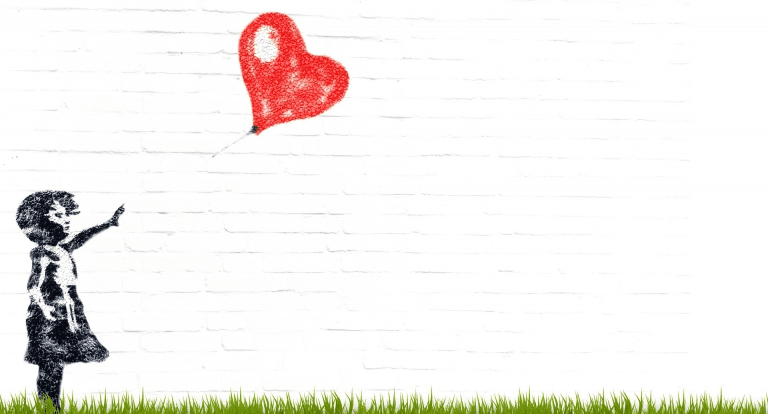
Important things to remember
- When mourning a loss, we do not enter and leave each individual stage of grief in a linear fashion. We may feel one way, then another and back again to the first one. It can take different people different lengths of time to mourn a loved one and there is no standard amount of time that is considered ‘appropriate’. It is important to listen to yourself and take your time to grieve in order to be able to start the healing process.
- It is also important to remember that to not experience sadness after a loved one dies would be unusual. Therefore, it is ok to be sad and need time to mourn before you start to feel better again. If however you are experiencing dark thoughts that are worrying you or others around you, you may need to look for support from a trusted adult or professional.
- Guilt is often a companion of grief and some people can think about ‘what if’s’. We must remember that certain things are out of our control and although it may take time, we need to step out of the past and focus on the future instead.
Talk!
Being able to speak about what you are going through can be very helpful. Opening up to a friend, a teacher or family member may be the first step towards feeling understood and supported through your bereavement. If it all feels like it is too much, you might benefit from the support of a professional like a family therapist, counsellor or psychologist. We at Kellimni are always here, day and night, to support you. If you are going through an experience of loss, and would like to open up to someone, our chat lines are open 24/7 and can be accessed through this link: https://kellimni.com/




